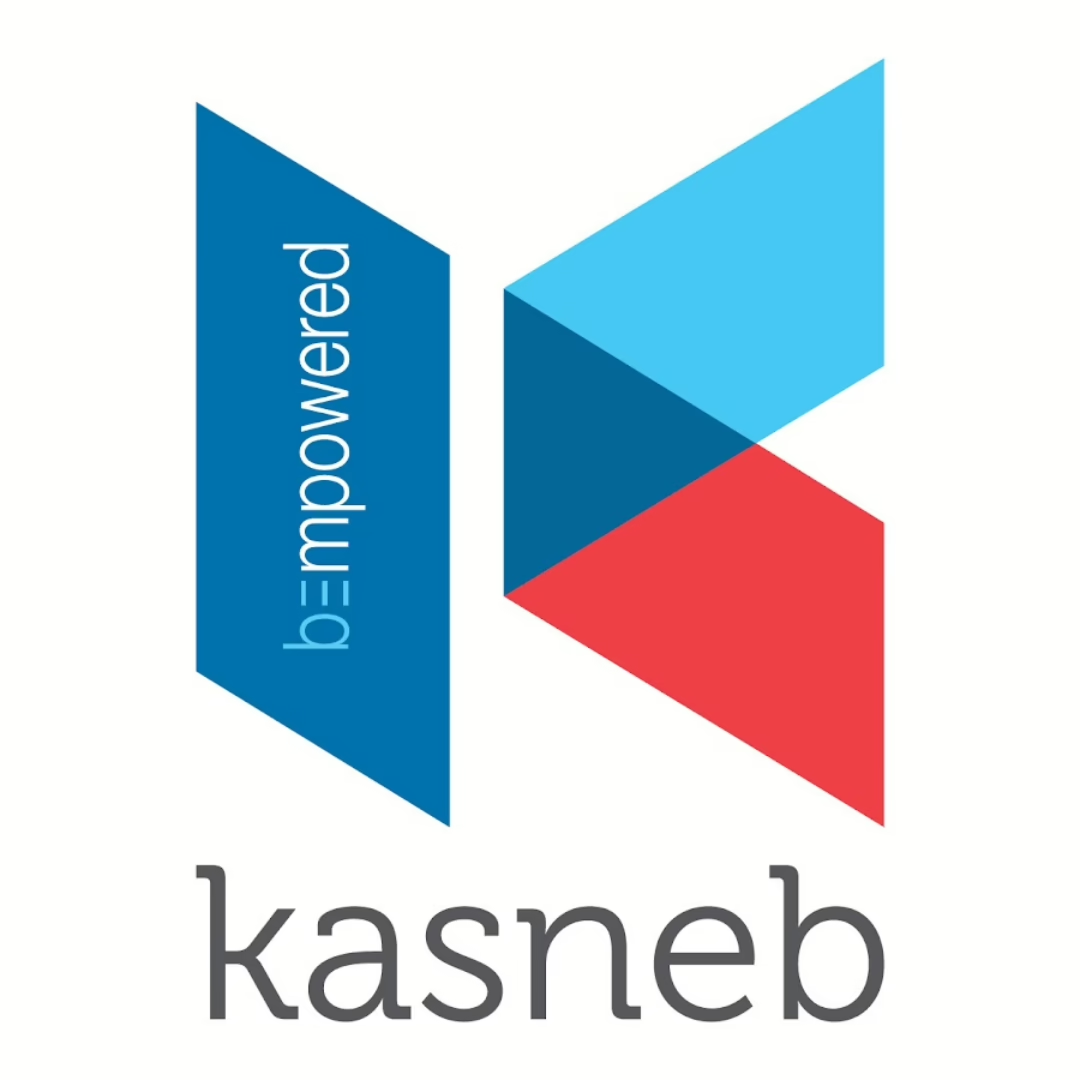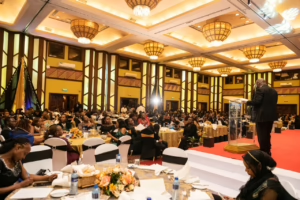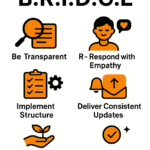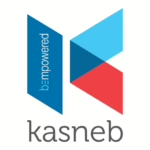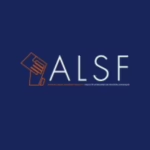ChatGPT has recently taken centre stage of the world’s attention.
This AI bot shook the very notion of every small and large player in almost every field. It and has been a subject of concern to various players in different sectors, including the legal space.
The conversations revolve around the effect of ChatGPT on the practice of law and issues of originality of the content we consume if the creators use ChatGPT to generate the said content.
Kenya has made significant strides in technology and innovation, and the integration of artificial intelligence (AI) into various sectors of the economy is poised to bring about significant change. However, with this change comes a need to assess the impact that AI will have on the legal system and ensure that the appropriate legal framework is in place to regulate its use.
ChatGPT passes exams from law and business schools https://t.co/t3ik480d3y
— Citizen TV Kenya (@citizentvkenya) January 29, 2023
One of the most significant changes that AI will bring to the legal system in Kenya if it hasn’t already is the automation of certain legal processes. This could include the use of AI-powered contract analysis and management systems.
This has already been seen with some firms using smart contracts. The use of chatbots to assist with legal research and case management, and the use of AI algorithms to predict the outcome of cases is also a welcome development witnessed in other jurisdictions. This increased efficiency and speed of legal processes will benefit both the legal system and the wider society, as it will help to reduce the backlog of cases and make the legal process more accessible to the general public.
Another impact that AI will have on the legal system in Kenya is the increasing use of AI in the courtrooms. This could include the use of AI-powered evidence analysis and presentation tools, which would allow judges to quickly access and assess relevant information during the trial process. Additionally, AI could be used to automate the production of court reports and other legal documents, making the legal process faster and more efficient.
I can bet they used Chat GPT to write the communique. It tends to quote non-existent provisions of law. 😂 https://t.co/Uw3IqMtZek
— Kalasinga (@Kalasinga_) March 23, 2023
It is important to note that AI is still in its infancy in most developing countries, and there are concerns about the potential for AI systems to perpetuate biases and discrimination. To mitigate these risks, it is important that the legal system in Kenya adopts a proactive approach to regulating the use of AI. This could include the development of data protection laws, the establishment of guidelines for the responsible use of AI, and the creation of a regulatory body to monitor and enforce compliance.
The future of law in the AI era in Kenya is both exciting and challenging. There have been several concerns on social media about its ability to ‘steal’ jobs. The problem with this belief is that it makes so many people skeptical of change that would do more good than harm.
Essentially, if we could find a way to use AI to increase our speed, accuracy and efficiency, won’t we actually do a better job? The only downside is that it may phase out some of the older generation, especially those who rely on archaic methods of researching, writing and working overall.
The integration of AI into the legal system will bring about significant change and efficiency and the legal system in Kenya must stay ahead of the curve and be proactive in addressing the challenges posed by the integration of AI to ensure that the legal system remains relevant and effective in the face of this technological revolution.
With the buzz and excitement created by chat GPT, more development in terms of legislation is expected even as competition from other search engines such as, google which just recently unveiled Bard, its own AI bot to rival ChatGPT, which uses Google’s own language model – Language Model for Dialogue Applications (LaMDA). It would be interesting to see how our legal framework develops to accommodate such technological advancement.
[Featured Image: Learning Sunshine]



